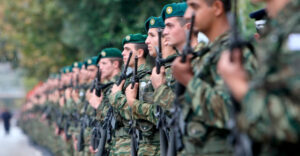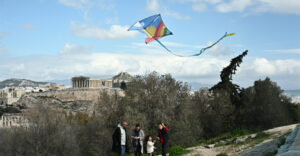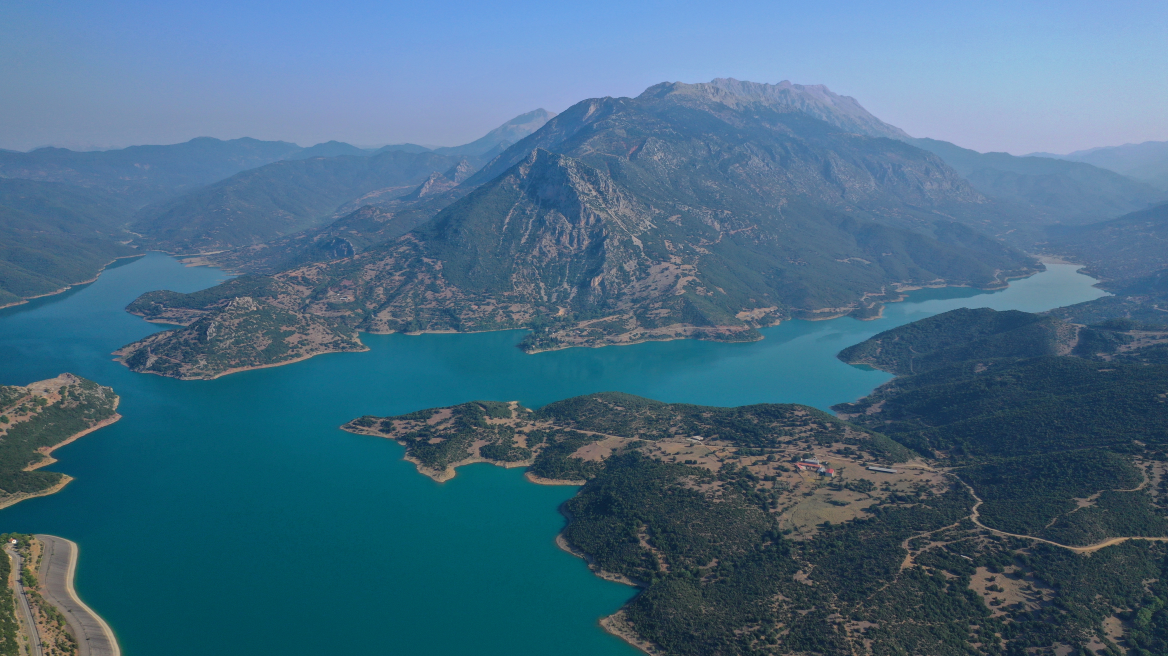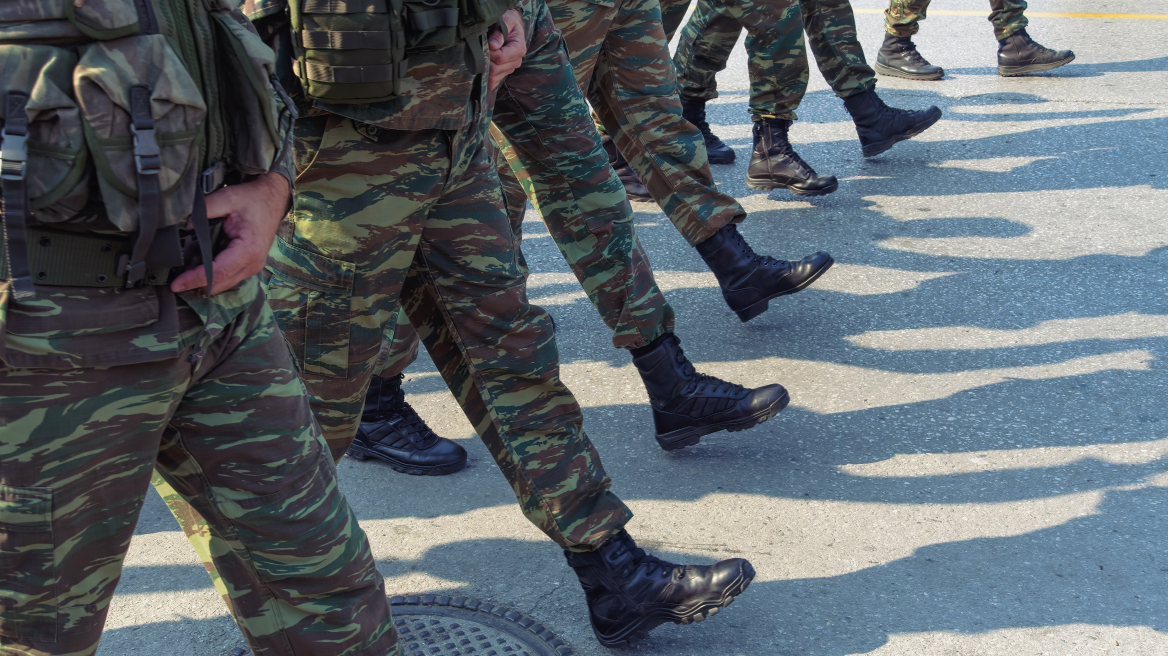When Joseph Borrell, the European Union’s diplomat-in-chief, announced the launch of Operation Irini last week, he noted: “Diplomacy cannot succeed unless it is backed by action.”
Irini – Greek for “peace” – is the bloc’s latest attempt at stemming the flow of weapons to war-torn Libya, a country in chaos since longtime ruler Muammar Gaddafi was overthrown in a NATO-backed uprising in 2011.
It has since been split between two rival administrations vying for power: the internationally recognised Government of National Accord (GNA) based in the capital, Tripoli, and a parallel eastern-based administration allied to renegade military commander Khalifa Haftar.
Both are backed by international actors, who have on numerous occasions pledged to end their support for the warring factions. However, they have continued to flout the UN’s arms embargo, using sea, air and land routes to replenish the war stocks of their allies and, thus, contributing to the prolongation of the conflict.
Analysts say the fact that the EU mission – itself the brainchild of a January peace summit in Berlin – deals primarily with naval violations of the embargo raises questions about its effectiveness.
“There are two entry points to Libya, the western maritime border which Turkey is using to ship in weapons to the Government of National Accord in Tripoli, and the eastern border which Egypt and the United Arab Emirates [UAE] use to support Haftar,” said Anas El Gomati, founder and director of the Sadeq Institute.
Coronavirus Greece: 52 new cases, 1884 cases in total, 2 new deaths
“There is no doubt that Egypt and the UAE will emerge as the biggest winners. The Turks have no option but to ship their weapons by sea, and this is the terrain that is now being policed by the EU.”
Battle over resources, ideology
Already reeling from years of instability following Gaddafi’s removal, the North African country was plunged into further chaos after Haftar and his self-styled Libyan National Army (LNA) launched a military campaign to capture Tripoli in April 2019.
At 48.3 billion barrels, Libya sits atop Africa’s largest proven oil reserves. This did not go unnoticed for the half a dozen countries that support Haftar and who see in the 76-year old a strongman capable of restoring order while rewarding them for their investment through generous reconstruction contracts.
His profile was made all the more appealing to Abu Dhabi and Cairo in light of his apprehension of groups such as the Muslim Brotherhood, which they view as a threat to their rule at home.
Read more: al jazeera
Ask me anything
Explore related questions





